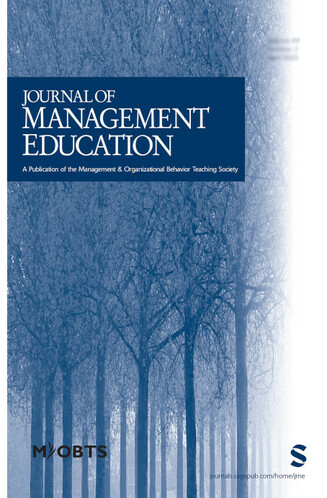THE ROLE OF STUDENTS' PERSONAL VALUES AND ETHICAL IDEOLOGIES IN INCREASING THE IMPORTANCE OF PERCEPTIONS OF SOCIAL RESPONSIBILITY FOR BUSINESS STUDENTS: A PRME DIRECTIVE
ABSTRACT
The United Nations Principles for Responsible Management Education (PRME) champion responsible management education and research globally by instilling social responsibility values in students through teaching, research, and service. As investment capital shifts toward sustainable opportunities and companies recognize the limitations of an exclusive focus on shareholders (to the exclusion of broader stakeholders), the demand for social responsibility focused students has increased. How can business schools meet the dual challenge of recognizing those students with strong global sustainability perceptions, while encouraging those without those perceptions to shift? Our empirical approach uses a freed measurement model to offer a holistic understanding of the precursors of students' perceptions of ethics and social responsibility. We provide actionable steps for business schools in implementing new pedagogical interventions that provide individualized approaches for increasing students' perceptions of social responsibility. For students without strong prosocial values, we propose improving their perceptions of social responsibility indirectly through changing attitudes or directly via value system rank order change.
Statistics
Web of Science Times Cited
8
Journal Citation Indicator
0.78

